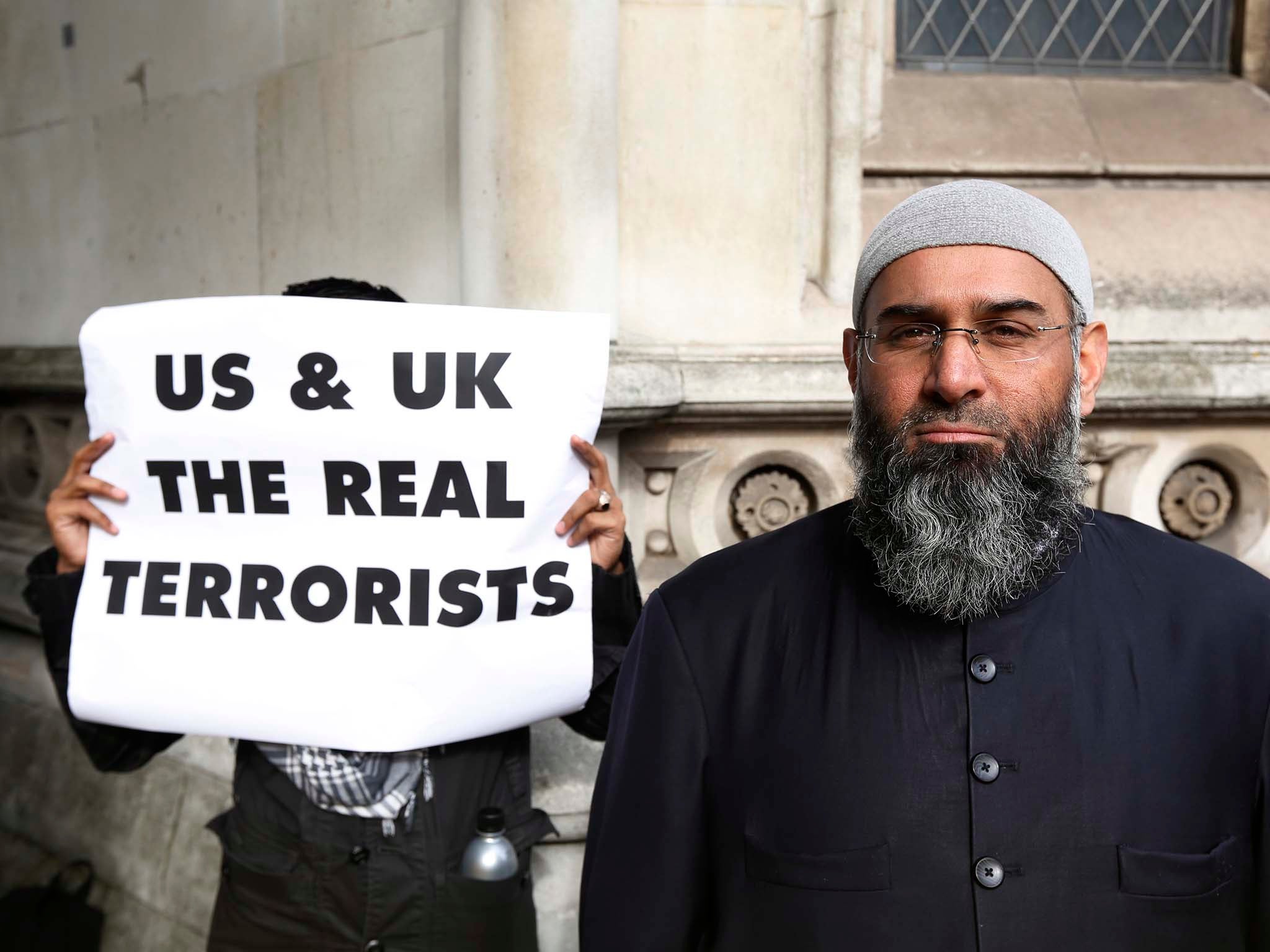Jailed Islamist terrorists to be isolated in UK prisons despite risk of comparisons with Guantanamo Bay
Elizabeth Truss, the new Justice Secretary, is calling for secure units to isolate convicted extremists – the key recommendation in this week's prison review

Extremists convicted of committing terrorist acts in the name of Islam are to be isolated in secure units away from other prisoners – despite the risk that the UK will be accused of creating its own Guantanamo Bay.
The idea of establishing secure units to isolate Islamist terrorists was proposed in a review commissioned by Michael Gove, when he was Justice Secretary, and has been taken up by his successor, Elizabeth Truss. It is the main recommendation to come out of a review of prisons, due to be published on Monday, by Ian Acheson, a former prison governor and director of the charity, Prisoners Abroad.
The Government sees the measure as a way of easing the problems of prison staff and preventing religious fanatics from spreading their ideology among other prisoners. At present, dangerous prisoners are dispersed in eight jails, enabling the staff to move them around to stop gangs from forming.
Of the 12,300 Muslims in British prisons, only 131 are convicted terrorists, but Mr Acheson has warned that they make up a hardcore who could be influencing impressionable and potentially violent convicts. Currently, Muslims make up about 12 per cent of the prison population, although are only about 5 per cent of the overall UK population.
Appearing before the House of Commons Justice select committee last month, Mr Acheson warned: “There are a small number of people whose behaviour is so egregious in relation to proselytising this pernicious ideology, this lethal nihilistic death cult ideology, which gets magnified inside prison particularly when you have a supply of young, impulsive and often highly violent men, that they need to be completely incapacitated from being able to proselytise to the rest of the prison population,”
But when former Prime Minister David Cameron hinted in February that he was open to the idea of confining Islamist terrorists in special units, there were warnings that those units could create a focal point for protests.
Professor Peter Neumann, a counter-terrorism expert at the International Centre for the Study of Radicalisation and Political Violence, King’s College London, said that holding them in one place could inadvertently enable to form a command structure in a way that they could not when dispersed. “You don’t want to create a focal point for public protests – a ‘British Guantanamo’, however much of a misrepresentation that might be – or provide an opportunity for terrorist prisoners to create operational command structures inside prison that might not have existed outside,” he said.
But the Justice Secretary, Elizabeth Truss said: “The rise of Islamist extremism poses an existential threat to our society. I am committed to confronting and countering the spread of this poisonous ideology behind bars. “Preventing the most dangerous extremists from radicalising other prisoners is essential to the safe running of our prisons and fundamental to public protection.”
Bookmark popover
Removed from bookmarks